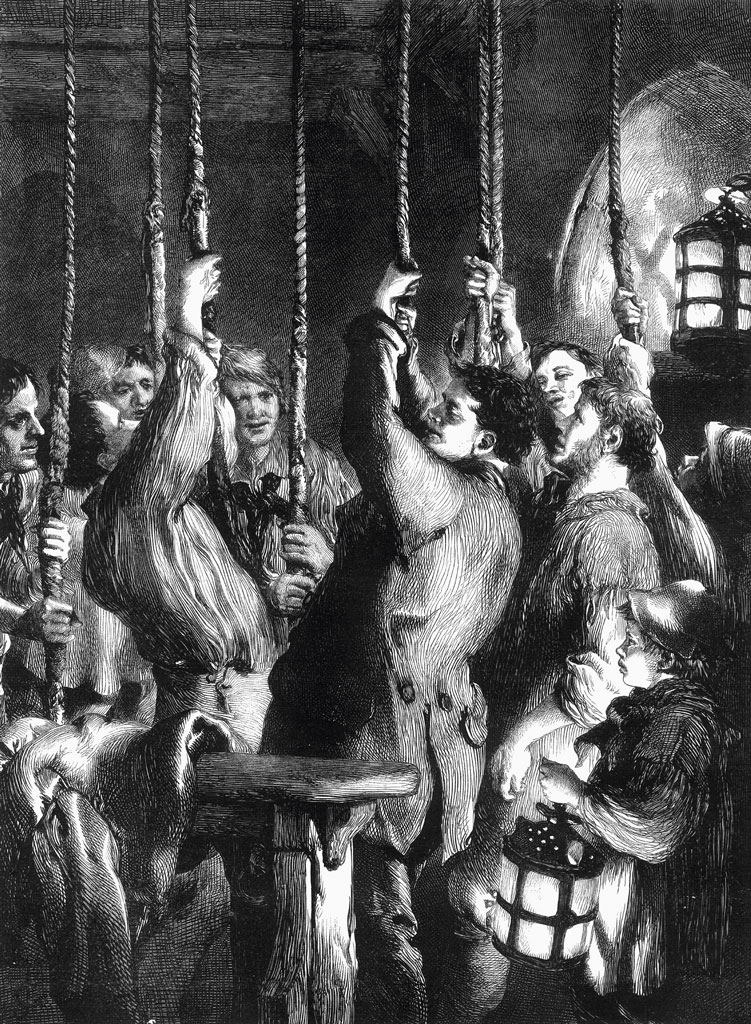
Should bell-ringing be recognised as a sport, asks Simon Boyes
Bell-ringing is the latest activity for which a claim has been made for recognition as a sport. The issue of what constitutes a sport has become a legal hot topic of late, with the High Court being asked to address the issue in a recent claim for judicial review brought by the English Bridge Union (EBU) against Sport England. The EBU’s claim—that Sport England had erred in law in adopting a definition of sport which excluded bridge—was ultimately unsuccessful, but the issue is unlikely to go away. The same organisation is in dispute with HMRC over whether bridge constitutes a sport for the purposes of the Principal VAT Directive, and the Upper Tribunal Tax and Chancery has now made a preliminary reference on the matter to the Court of Justice of the European Union.
A greater claim?
Bell-ringing—or at least particular forms of it—may, I suggest, have a greater claim to recognition as a sport than bridge. On the face of it this might seem absurd,









